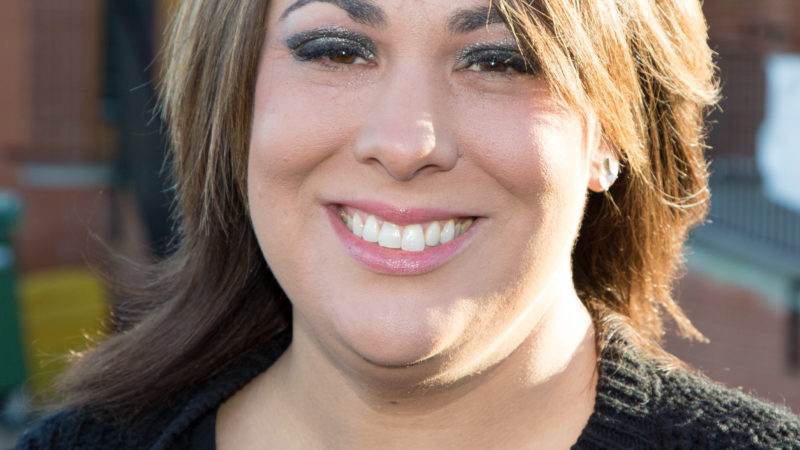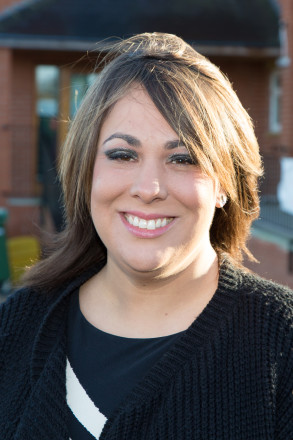

Labour women down the decades who became MPs have paved the way for others to follow in their footsteps. But it’s still not an easy task.
My own background did not perhaps make me the most obvious candidate to be an MP. I did not have years of experience in politics – when I was selected to run for Dewsbury and Mirfield, I had been a local councillor for under two years. Neither did I have the public school or university background.
Nor was I full of confidence. Although I had been a shop steward for years and so had plenty of experience representing people, I was surprised and delighted to be selected. It was only on the way home after the selection meeting that I realised what a huge step this was.
All-women shortlists have not been without controversy, but they have made a real difference. I was one of those selected from an all-women shortlist and the selection process had been quite a divisive one, with some party members opposed. But after it was over the constituency came together quickly.
Being selected is of course only the first stage of a long campaign. Candidates without significant personal resources have to juggle their day jobs with campaigning. You need to have the conviction that you can win – and you also need some good friends so that you can go and cry on their shoulders when you have a bad day campaigning. You need some good local issues you can campaign on. My Dad was a cancer survivor, so campaigning for Dewsbury hospital was a labour of love. Most of all you need to be true to yourself, because if you’re not you soon get caught out.
Once you are an MP, life changes again. Arriving in Westminster, the deference I encountered surprised and amused me. I had only visited parliament twice in my whole life. Other new MPs talked about how they had been special advisers and which universities they had been to, and about complex mechanisms of the legislative process. I felt totally out of place. I’d been working in healthcare and hadn’t been to university.
But, speaking to colleagues, I realised that having spent 22 years working in the police and criminal justice system and for the NHS, I could resolve problems that others would not find easy.
Becoming an MP is immediately immersive. I had been an MP for just five weeks when a former constituent blew himself up with a suicide bomb in Syria. I put out a statement and then I got a series of awful messages through email, Facebook and twitter. One was a credible death threat, which I reported to the police who arrested the man.
The following summer, Jo Cox was horribly murdered. Her constituency of Batley and Spen borders on mine and we had worked closely on many issues that affect both areas, including opposing right-wing extremists and hate crimes. I knew her as a tireless and passionate MP who embraced the difficult issues. Her death was horrific and we are all still devastated by it. The memory of her remains a strong force in the community and with everyone who knew her.
Right from the start, I made it my first priority to be a good constituency MP. Alongside my community campaigning, I am motivated by the three big issues that politicised me: trade unionism, feminism and the NHS.
I’m proud of my successful campaign to scrap VAT on sanitary products or the “tampon tax”. It got parliament talking about something that had been a taboo. I’ve had emails from women all round the world saying, “Thanks for allowing us to talk about periods.”
I’ve also set up an all-party parliamentary group on women’s health. We’ve have had a hearing on cervical smears, as the take-up of these is the lowest it has been for 13 years. We are holding hearings on endometriosis and fibroids, and are planning a campaign to get the menopause recognised in legislation. We also want to get exclusion zones around abortion clinics.
Another issue that I’m campaigning on is for an end to sexist surcharges, forcing up the price of products that are marketed to women. Razors designed for women, for example, and so made in pink, are often more expensive than razors marketed for men.
So have things moved on for women MPs from the parliament our predecessors encountered? Despite the greater number of women MPs, there is still a fair amount of sexism in parliament. Some male Tory MPs say outrageous things, shout down female MPs and then seem to think that if they say sorry it is all OK. We need to be stronger in objecting to it more often, and calling it out for what it is.
The lack of women MPs in other parties is a visible problem. When we sit on the Labour benches – where 45 per cent of MPs are women – and look across at the Tory benches, sometimes there are no women MPs sitting there at all.
Having all-women shortlists has been important and has made a real difference to our parliamentary party, but there is more work to be done – not least smashing the final glass ceiling and having a woman Labour leader and prime minister.
Paula Sherriff has written a contribution for the new Fabian Society book This Woman Can: 1997, women and Labour published today.
Want to support LabourList’s dedicated coverage of the party? Click here.




More from LabourList
‘SEND reforms are a crucial test of the opportunity mission’
Delivering in Government: your weekly round up of good news Labour stories
Labour place third in Gorton and Denton by-election as Greens gain seat